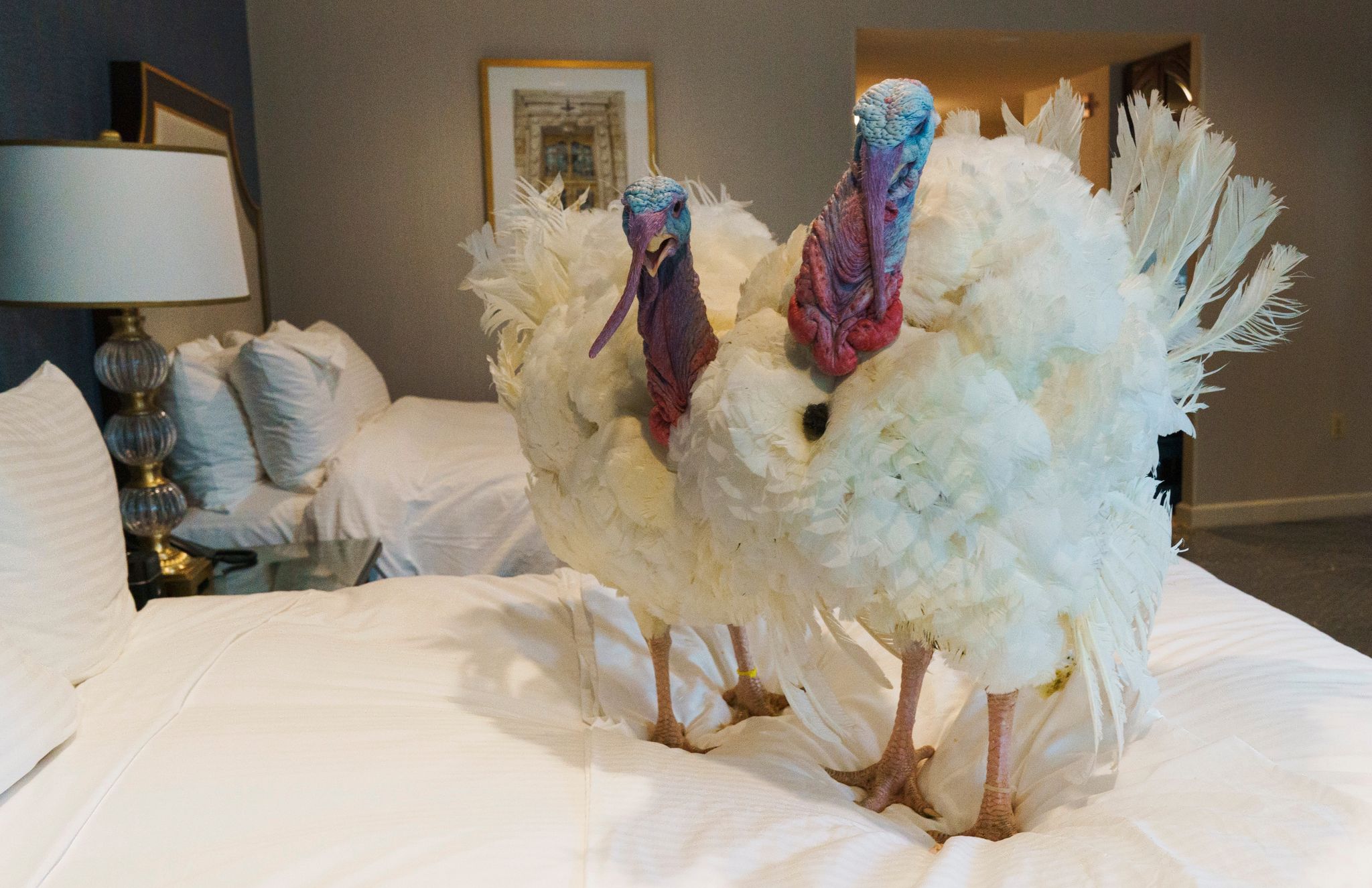Lack of manpower creates huge problems for British companies.
Brett Powis runs three hotels in the British seaside resort of Torquay. Norwegians probably know the city best from “Hotels in a class of their own”, where John Cleese tormented the lives of his guests. Powis has far higher ambitions for the three hotels he owns in the city. But now he is struggling to give guests what they expect.
The background is Brexit. One year after the British left the EU and the free movement of labor, more and more industries are finding it difficult to get the wheels turning. For Powis, the problem is clean bedding. Like most in the industry, he sends dirty clothes to a large laundry. But across large parts of the UK, laundries are struggling to find labor. They depend on Eastern Europeans.
The combination of Brexit and covid made many Eastern Europeans return home. Now they will not return. Powis says The Financial Times that he has had to invest in expensive washing machines to solve the problem.
But not all hotels in the country have had the same opportunity.
Thus, guests at Holiday Inn and Crown Plaza can no longer count on clean linen every day, if they stay longer than one night. Other hotels must reject guests. The reason is the lack of clean bedding.
And the British challenges do not stop there.
Free flow of viruses, not of labor
Hotels and restaurants are labor-intensive, which means that very many tasks cannot be left to machines. As an EU member, employers became accustomed to being able to import labor. Last year, they were hit by two blows at about the same time. First, many Eastern Europeans traveled because of Brexit.
Then came the pandemic.
Initially, the problems could be handled. When travel activity shrank, it was not noticed that the companies were understaffed. But this year, Britons have traveled in their own country like never before. And tourists are slowly but surely starting to return.
Those who do not come are Eastern European workers.
The result is that some hotels and restaurants have to be closed or they reject guests.
Fruit, turkeys and mattresses from Ikea
British farmers are experiencing the same problems as the hotel industry. Just like in Norway, farmers are dependent on seasonal workers. On British soil, only 11 percent of this workforce is British. The result this year is that fruits and vegetables rot outdoors. BBC says that many farmers allow ordinary people to come and pick for free, in that they are not allowed to sell their goods anyway.
The problem is at least as big in the poultry industry. The British risk a serious shortage of turkey for Christmas. according to The Guardian the industry lacks 7000 workers. Until Christmas, turkey production may fall by 20 percent.
A spokesman for the British Farmers’ Association told the BBC that there was an obvious effect of Brexit.
Elsewhere in the food chain, similar problems arise. Ikea reports that they have a shortage of goods at all of their 22 department stores. The reason is that there are not enough truck drivers. This is due to both the pandemic and the fact that the British are unable to obtain labor from the continent. The problem applies not least to mattresses, according to a spokesman for the company.
The commentators: What did we say?
Farmers, the tourism industry, the transport industry and many others are begging the government for help. They demand that the rules for labor immigration be relaxed as soon as possible.
For commentators who have always been critical of both Brexit and Prime Minister Boris Johnson, it is a good opportunity to write comments that can be summed up with “what did we say?”
The Scotsman warns against black paint. They write that one must not exaggerate, but continue:
“So far there has been no action from politicians. Fruits and vegetables now rot due to a lack of pickers. Pigs are locked inside the farms, they get fat every day due to too few slaughterhouse workers. And shops have empty shelves due to too few truck drivers.
The comments in The Guardian are at least as contemptible. It is stated at the outset that Johnson’s “liars” will return to the Prime Minister. The newspaper writes that it is not just about turkeys and pigs that are not slaughtered. The health sector lacks 170,000 employees.
According to the commentator, Johnson’s promises of more money for the health service have been revealed as a lie. The money was to be saved by cutting the bureaucracy. Instead, the bureaucracy that customs clears the flow of goods to the EU now costs £ 7.5 billion a year.
Euronews believes that Johnson is harvesting exactly what he sowed.
–


